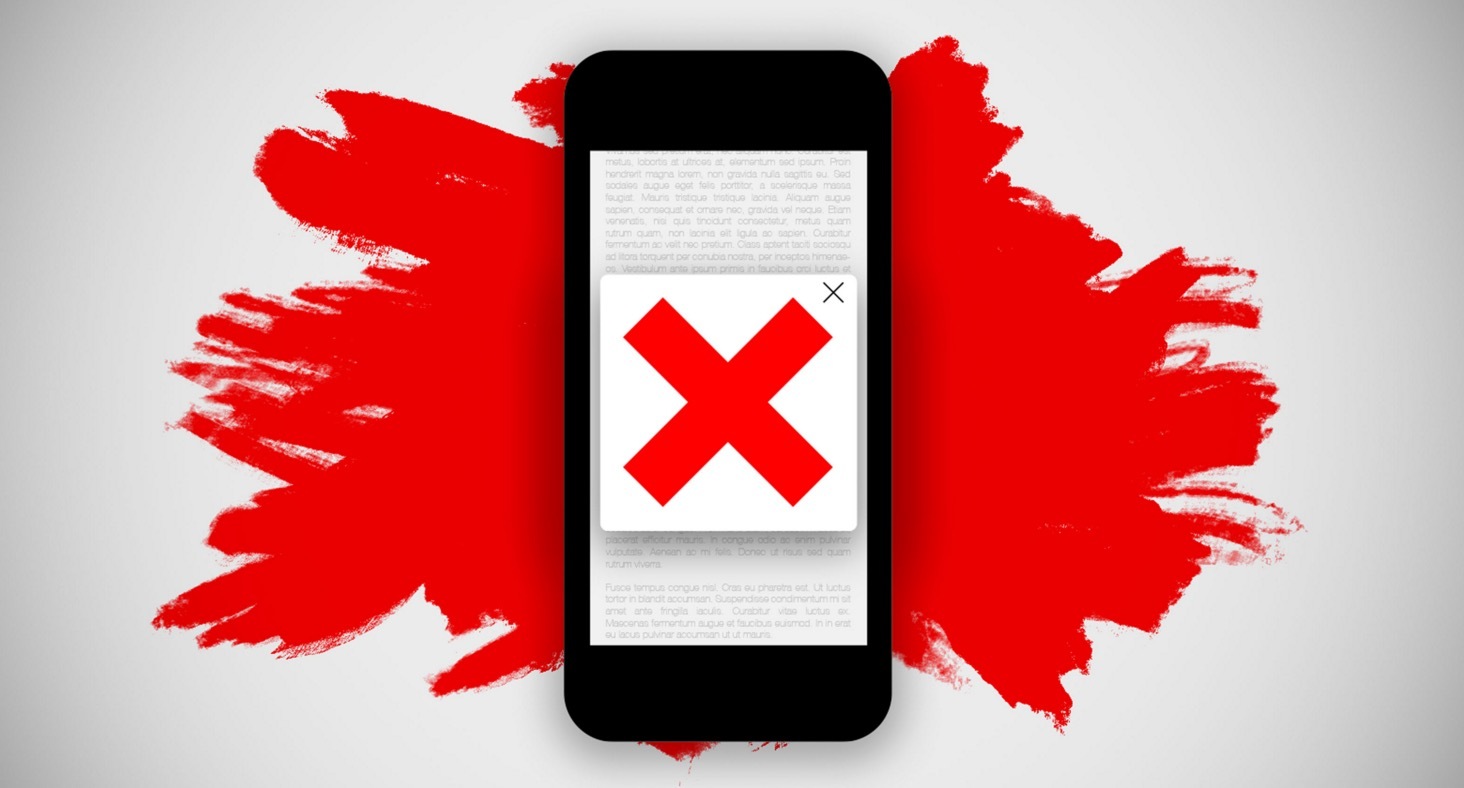Swedish publishers boycott advertising blocker users

Many government officials and large companies have already criticized the use of ad blockers, as well as the developers of such tools themselves. According to Digiday, about 90% of Swedish publishers have teamed up to boycott the use of ad blockers.
The Advertising friendly Sweden initiative is supported by the IAB Sweden advertising association, which includes about 20 local publishers. Each of them offers users to deactivate the ad blocker in order to continue viewing content on their website. As noted by IAB Sweden, the growth of users using ad blockers was 10% compared to last year and reached 30% of the total.
')
In addition, IAB Sweden offers users to pay $ 0.36 to view articles or use a limited version of the site without some of the available materials and with videos playing with a low frame rate.
In addition, Swedish publishers will develop convenient advertising options that allow users to view content without annoying ads. A dedicated task force is developing a framework for integrating user-relevant ad units.
"The special unit will make sure that users are faced with the right advertising after we ask them to turn off the ad blockers," said Charlotte Tour, head of IAB Sweden.
IAB UK director Steve Chester believes that it will be much more difficult for other countries to implement such a principle, since publishers are constantly fighting among themselves for readers. From this position, the unification of advertising would not be the best option for them, and the integration of such solutions is difficult.
Currently, major publishers such as Wired, Forbes, GQ, City AM and Bild continue to experiment with the ban on access to content by users who use ad blockers. But the real numbers on attendance and income after the integration of such decisions. In any case, more time must pass before publications begin to adapt to users, increasingly using native advertising.
Source: https://habr.com/ru/post/299308/
All Articles